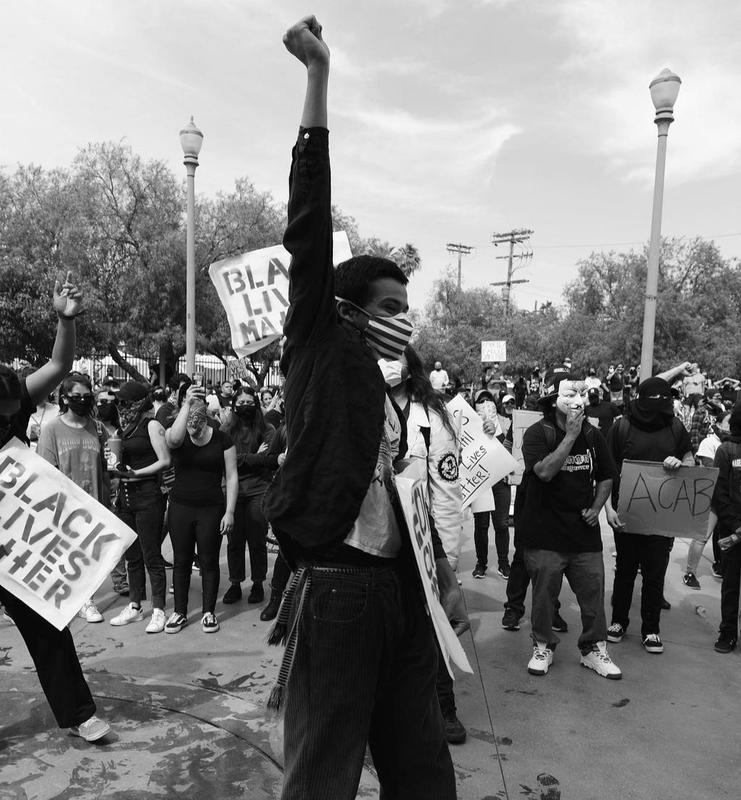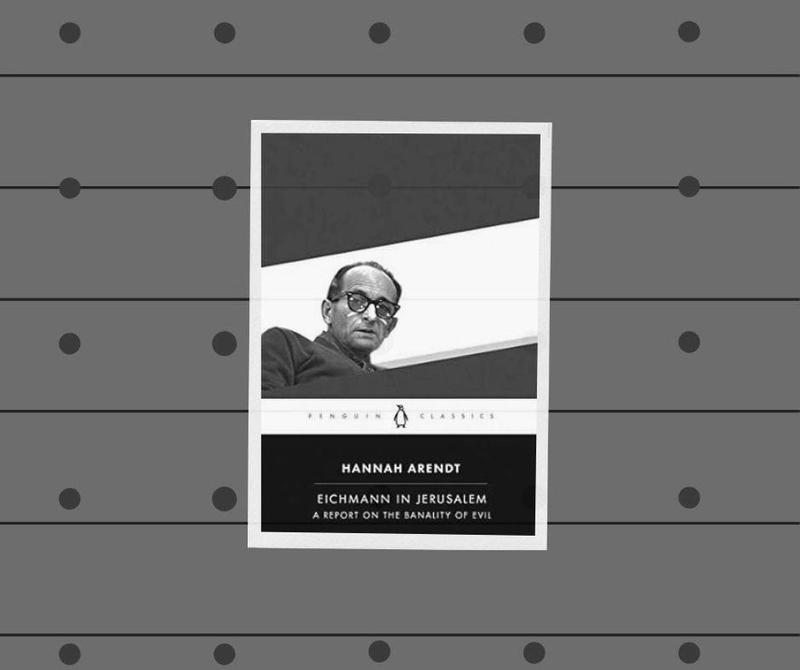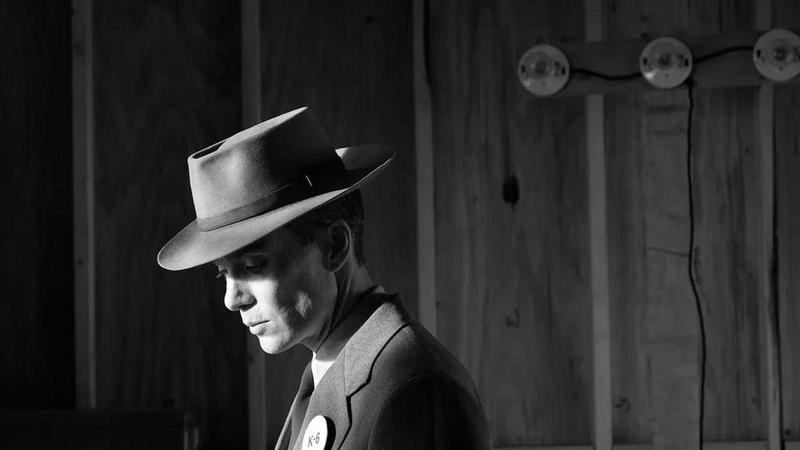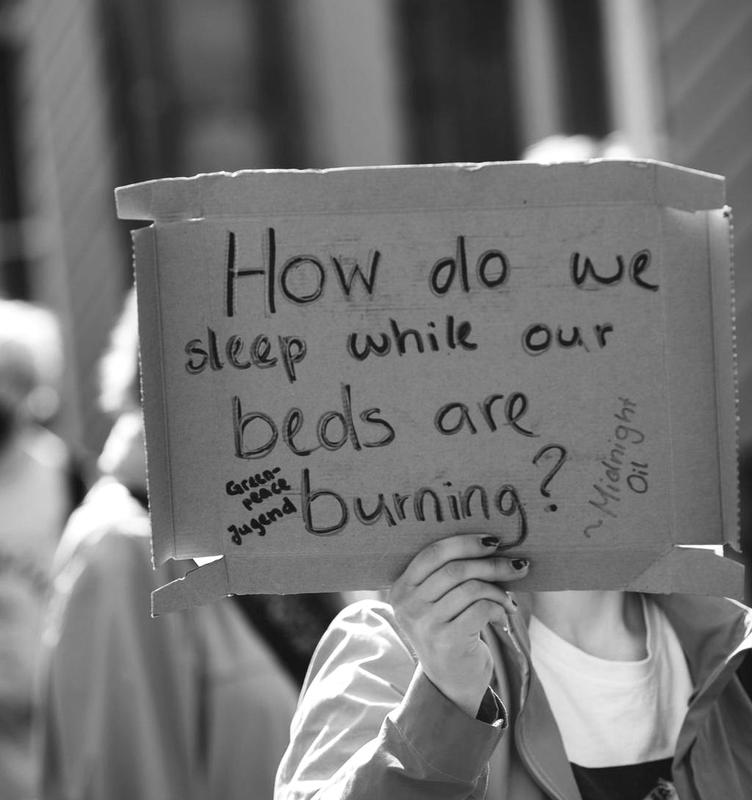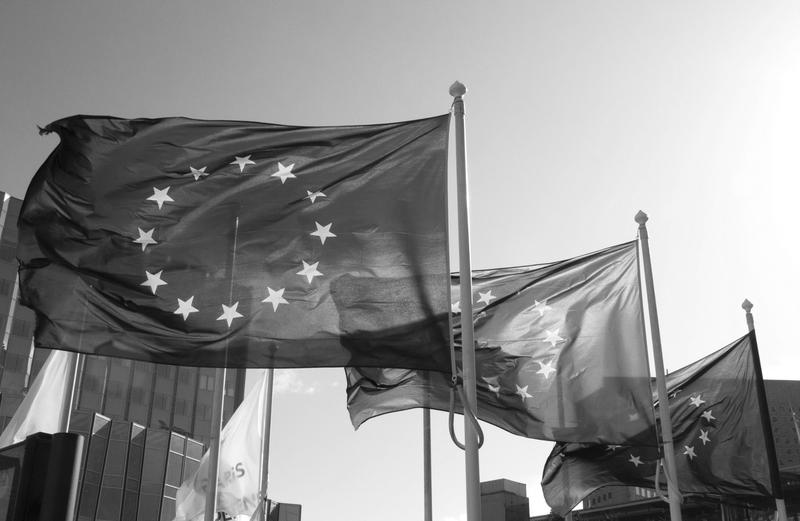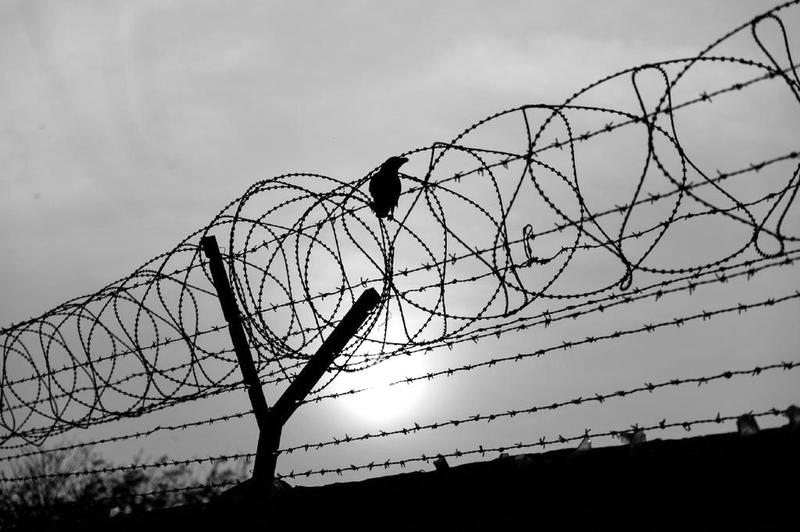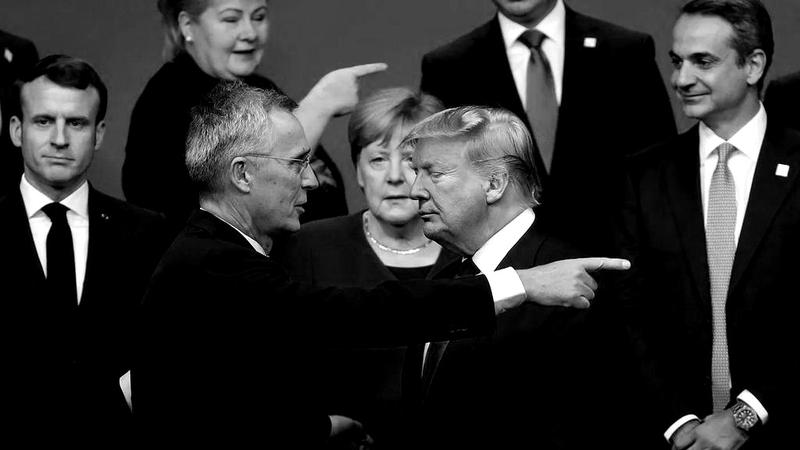
Should America still defend Europe?
Looking back at 2022 and 2023, it seems clear that the (Western) world cannot take peace for granted anymore and that the military is a topic soon to be brought back to the table. Unwanted, despised, rejected, but still.
Times of uncertainty inevitably mean that the dead are being called back from the underworld to help. First and foremost among them, NATO.
Times of uncertainty inevitably mean that the dead are being called back from the underworld to help. First and foremost among them, NATO.
